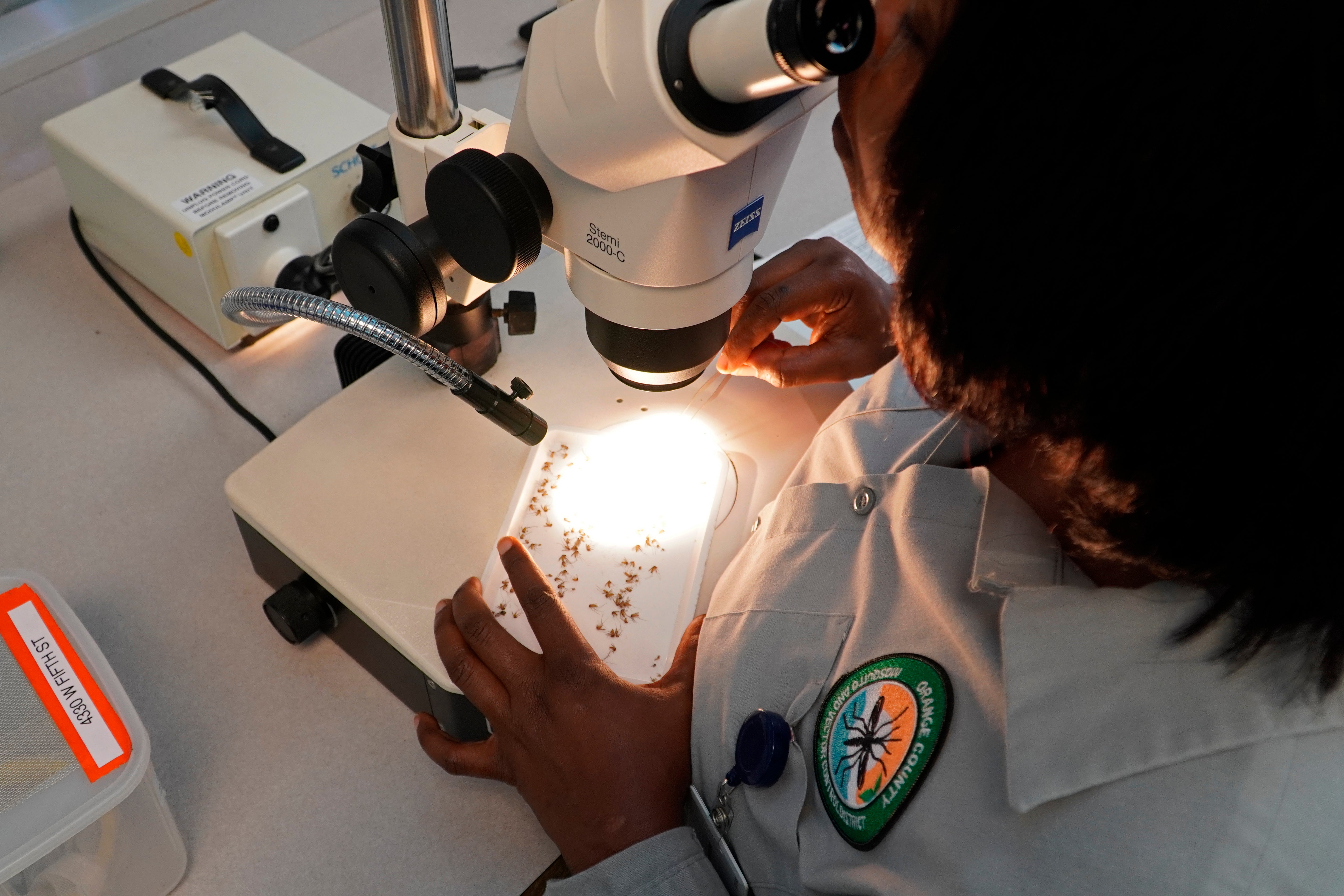For the first time, the UK Health Security Agency (UKHSA) has detected signs of the West Nile virus in mosquitoes within the UK, prompting increased disease surveillance.
While the risk to the public remains "very low," the UKHSA has confirmed that surveillance and control measures are being intensified.
This development comes as experts warn that climate change is driving the spread of mosquito-borne diseases to new regions.
The UKHSA and the Animal and Plant Health Agency (APHA) said “fragments of West Nile Virus genetic material” were found in some Aedes vexans mosquitoes collected in wetlands on the River Idle at Gamston, near Retford in Nottinghamshire, in July 2023.
What is the West Nile virus?
West Nile virus is usually found in birds, and usually circulates through bird-biting mosquitoes.
In rare cases mosquitoes can transmit the virus to humans or horses.

While there have been no cases of West Nile Virus acquired in the UK, seven cases linked to travel have been identified since the year 2000.
The UKHSA said there is “no evidence to suggest ongoing circulation of the virus in birds or mosquitoes in the UK”.
But it said that “disease surveillance and control activities are being enhanced in light of the findings”.
And it is issuing advice to health workers so that patients with encephalitis – or swelling of the brain – of an unknown cause can be tested as a precaution.
Dr Meera Chand, from the UKHSA, said: “While this is the first detection of West Nile virus in mosquitoes in the UK so far, it is not unexpected as the virus is already widespread in Europe.
“The risk to the general public is currently assessed as very low.
“Vector research of this kind is designed to give us early warning of potential threats so that we can enhance our disease surveillance and control activities and ensure patients receive appropriate testing.”
What are the symptoms of West Nile Virus?
West Nile Virus, which typically causes flu-like symptoms but can lead to severe illness, is endemic in various parts of the world and experts said that the “geographic range” has expanded in recent years to more northerly and western regions of mainland Europe.
The UKHSA said that as temperatures warm due to climate change, tick and mosquito species not currently native to the UK will begin to find the UK’s climate more “bearable”.
Other types of mosquito can arrive in the UK by various means including becoming trapped in cars and lorries crossing borders and in shipping containers.
Dr Arran Folly, from the APHA, added: “The detection of West Nile virus in the UK is part of a wider changing landscape where, in the wake of climate change, mosquito-borne diseases are expanding to new areas.
“Our primary focus is to understand how viruses move into the country and how they are transmitted.
“Combined, this can help us identify areas that may be at increased risk of outbreaks.”
Dr Jolyon Medlock, from the UKHSA, added: “Mosquitoes in the UK are also commonly found in wet woodland areas and various aquatic habitats, including ponds, ditches, marshes, and even garden water butts or cisterns.
“To avoid being bitten by a mosquito when in these types of areas, wear long-sleeved clothing and trousers to cover your arms and legs, use insect repellent on your skin (ideally one that contains the ingredient DEET), close windows and doors whenever possible, or use blinds or screens.”
World-first gonorrhoea vaccine programme set to be rolled out
Drugs and dilapidated, dirty accommodation concerns at HMP Ranby, probe finds
Prostate cancer: What are the symptoms and how is it treated?
Major warning issued after super strength nail glue leaves girl, 12, with major burns
Mum diagnosed with rare cancer while pregnant with twins told she must find a donor
Dementia expert shares ‘dread’ for future after 3 family members suffer from illness







